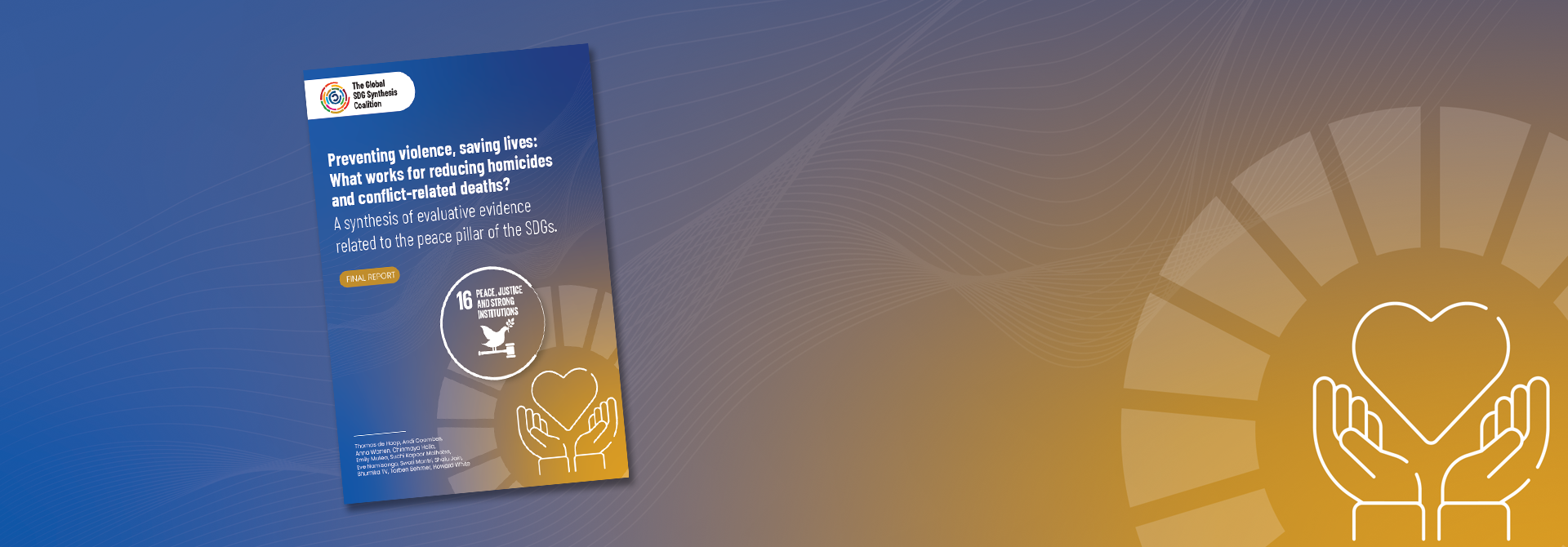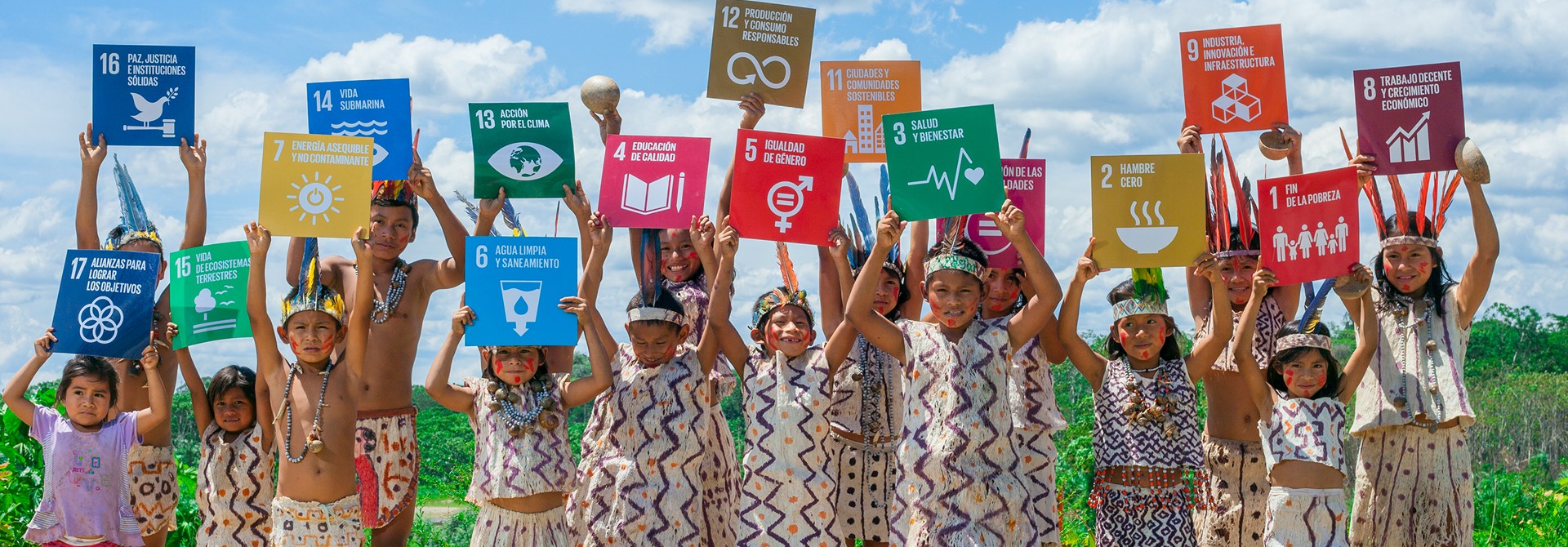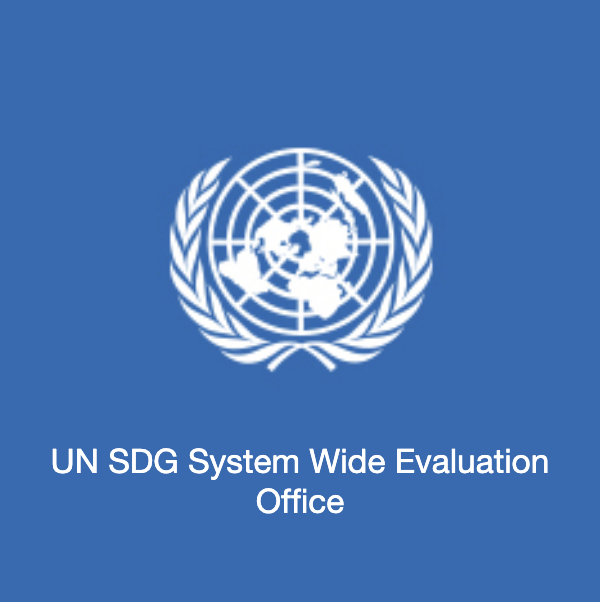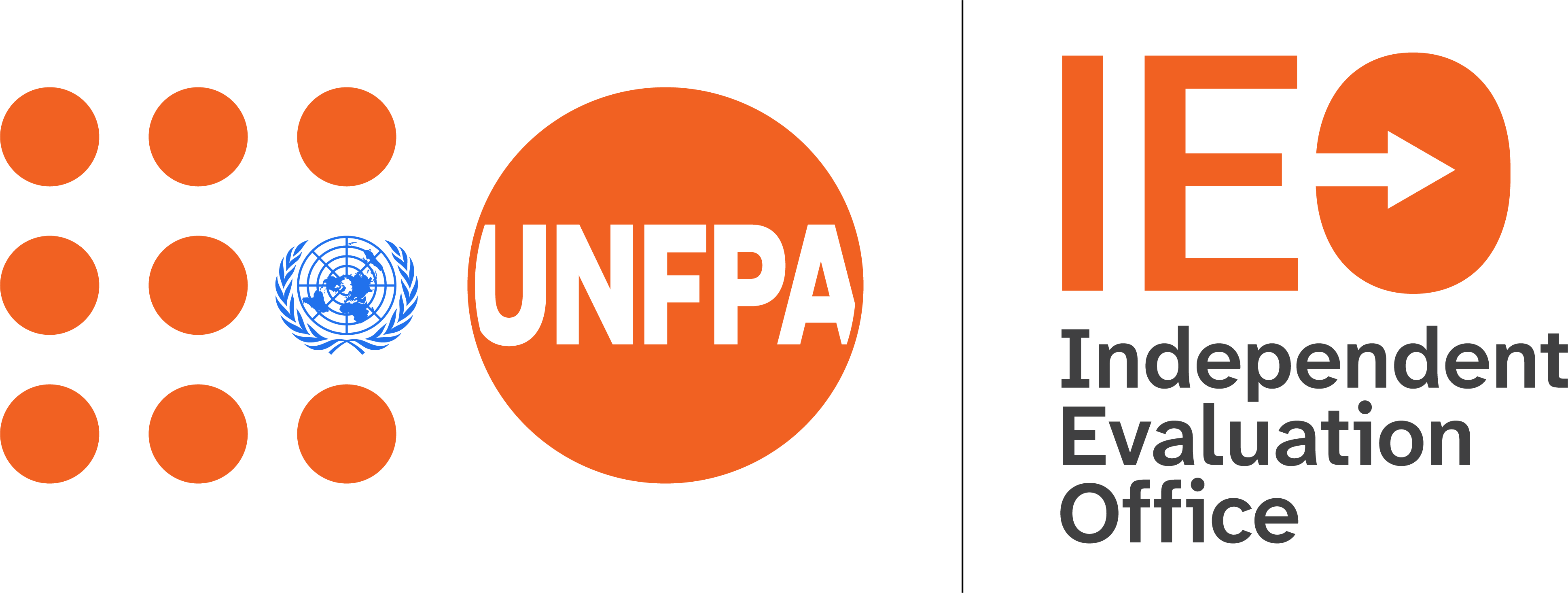Why synthesize evidence on the SDGs?
We are halfway to 2030, the deadline for achieving the SDG targets. This is an ideal time to synthesize the existing evaluative evidence to generate findings and lessons on what works and in which contexts. Evaluation synthesis involves systematically and comprehensively collating evidence from evaluations on progress towards the SDGs. This allows us to learn what works, how it works, where it works, and for whom it works. It also allows us to identify barriers and enablers for change and innovation. This can help us decide on the best ways to accelerate progress towards the SDGs.
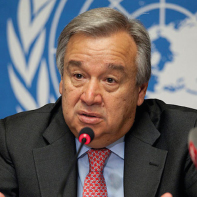
“Regrettably, the SDGs were already off track even before COVID-19 emerged. Progress had been made in poverty reduction, maternal and child health, access to electricity, and gender equality, but not enough to achieve the Goals by 2030. In other vital areas, including reducing inequality, lowering carbon emissions and tackling hunger, progress had either stalled or reversed.”

